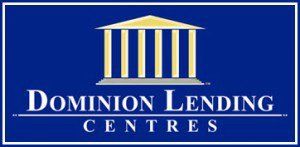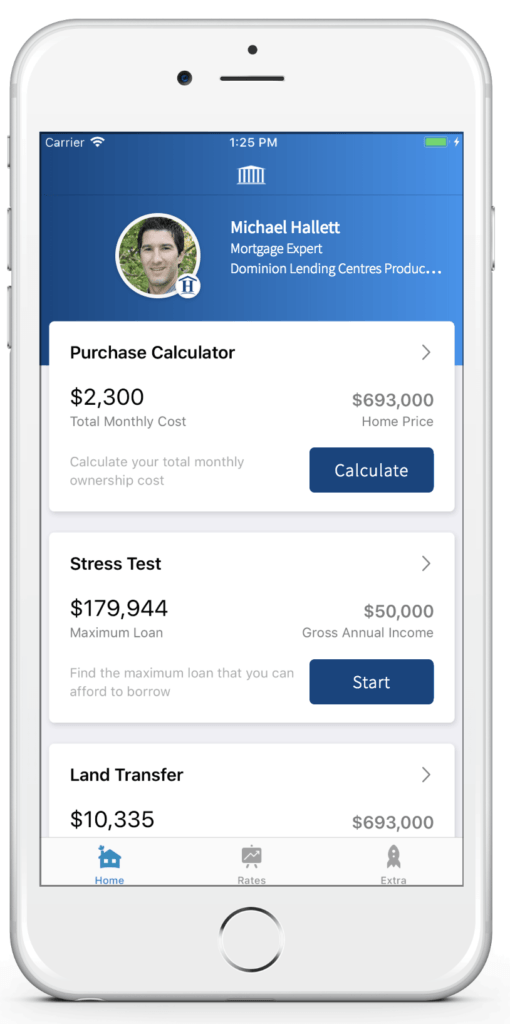DREAM TODAY. OWN TOMORROW.
Mortgage financing can be frustrating. It doesn't have to be when you follow this 3 step plan.
Get started right away
The best place to start is to connect with me directly. The mortgage process is personal. My commitment is to listen to all your needs, assess your financial situation, and provide you with a clear plan forward.
Get a clear plan
Sorting through all the different mortgage lenders, rates, terms, and features can be overwhelming. Let me cut through the noise, I'll outline the best mortgage products available, with your needs in mind.
I'll handle the details
When it comes time to arranging your mortgage, I have the experience to bring it together. I'll make sure you know exactly where you stand at all times. No surprises. I've got you covered.
Everything you need, all in one place
As a trusted mortgage provider, I can help you with these services.
BURKE MOUNTAIN DEVELOPMENTS
If you are looking to purchase a home in the new Burke Mountain Development, I know the project very well and would love to help you arrange mortgage financing. I live in Coquitlam and spend most of my free time in Pinecone Burke Mountain Provincial Park. If you are looking for an inside man to help you navigate the area, you’ve found him.
Okay, so maybe a calculator really isn’t a service, but if you click through this link, it will take you to a page with a some really fun options to run some calculations on your own. When you have things somewhat figured out, give me a shout and we can see exactly where you stand.
Obviously there are a lot more services I can offer and a lot more information I can share with you. Consider this my invitation to contact me with your questions, I would love to work with you and help you figure out a plan not only to get you a mortgage, but to help you get rid of it. Talk soon!
DOWNLOAD MY MORTGAGE TOOLBOX
WHAT CAN YOU DO WITH MY APP:
- Calculate your total cost of owning a home
- Estimate the minimum down payment you need
- Calculate Land transfer taxes and the available rebates
- Calculate the maximum loan you can borrow
- Stress test your mortgage
- Estimate your Closing costs
- Compare your options side by side
- Search for the best mortgage rates
- Email Summary reports (PDF)
- Use my app in English, French, Spanish, Hindi and Chinese
LENDERS
TESTIMONIALS
SUBSCRIBE TO MY NEWSLETTER
FROM MY INSTAGRAM
NEWS FROM THE DESK OF MICHAEL HALLETT














































































































